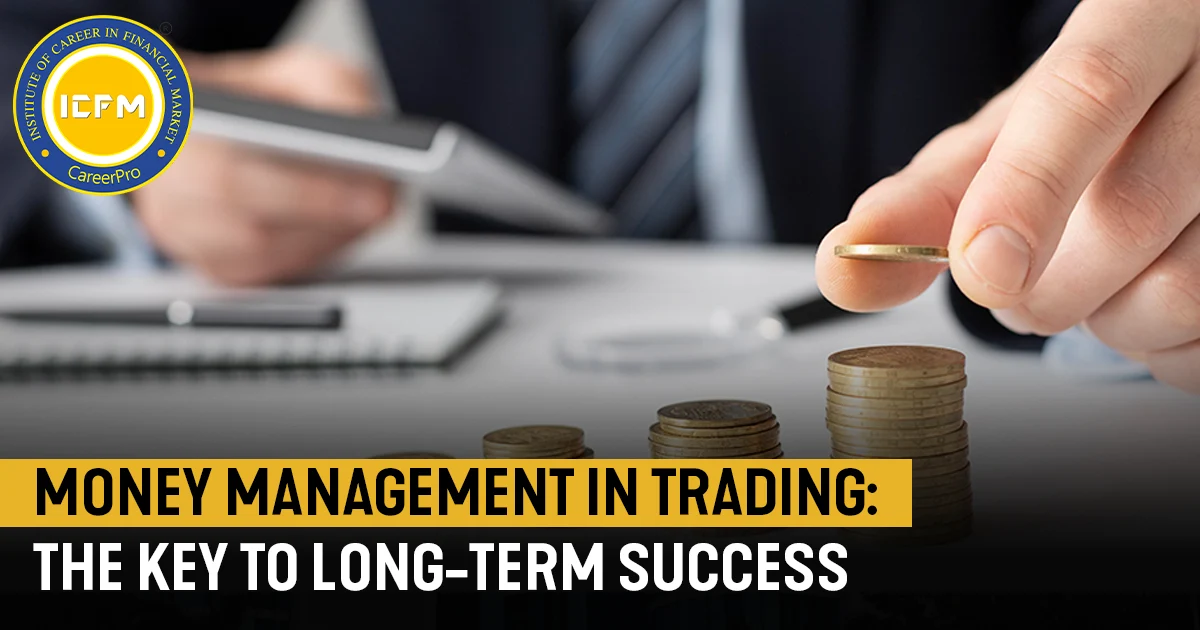Efficient money management facilitates successful trading. While a strategy and technical analysis are significant, it is prudent risk and capital management that ensures profitability over an extended period. Thus, money management is equally crucial in trading.
1. Economical Control of Trading Capital
Regardless of how strong a strategy is, losses are inevitable. Good money management ensures that a bad trade will not completely butcher your account.
2. Controls Risk Per Trade
The average trader does not risk more than 1% to 2% of their total capital per trade. Such an approach reduces the possibility of steep drawdowns while enhancing long-term growth.
3. Is Emotionally Stable
Effective risk control significantly reduces stress levels as well as emotionally driven decisions that tend to compound losses.
4. Increases Position Sizing
Increasing position size relative to the size of the account and risk appetite prolongs a trader's career and allows them to enjoy winning trades.
5. Increases Consistency and Longevity
Effective money management discipline fosters consistency through bearing market fluctuations enabling traders to steadily build their accounts.
Key Money Management Strategies
- Use Stop-Loss Orders: Have clearly marked exit points where trades will be closed to limit losses.
- Utilize the Risk-Reward Ratio: Minimum profitability is achieved by having at least a 1:2 risk-reward ratio.
So many new ventures can emerge if you apply neither too much nor too little effort and investment. For example, if you combine just the right trades, such as betting on Amazon while selling Walmart short, you would see huge returns. With proper monitoring, the cap on potential trades is virtually limitless. Instead of focusing on one task, employees can be hired and rotated to keep working on multiple different administerial functions. These concepts apply similarly to stock trading.
Steps like holding onto your assets until there’s a remarable capital increase can prove to be rather beneficial. Creating automated stock trading “bots” which sell and buy stock under set rules can generare returns with little supervision. Many people are seeing the benefits of these tools, but there is still room left for improvement.
Efficient management of the budget along with risk control is crucial. For over two decades, money spent on trading has been rising, but the profit margin doesn’t seem to catch up. Here, spending is essentially the same as investing funds into marketing, research, and even buying out rivals. The returns received when selling stocks prove to be unsatisfactory.
A good plan for controlling cash transforms a company into a logical investor rather than a gambler. I can’t stress enough about the importance of discipline, taming your emotions, having a structured investment plan would help bring order and clarity which would radically amplify the odds of success in the stock market.
Don’t fall for the bitter sweet allure that promises high profit. Instead, you should diversify your investments across a myriad of products. Disregard the asset and don't be afraid to put all your money into something you inherently believe will work out. Put faith into the apple and hold your grasp tight on the assets until faith is evident through increasing profits.
Never dump risk mitigating while monetarily uplifting strategies like restraint.









